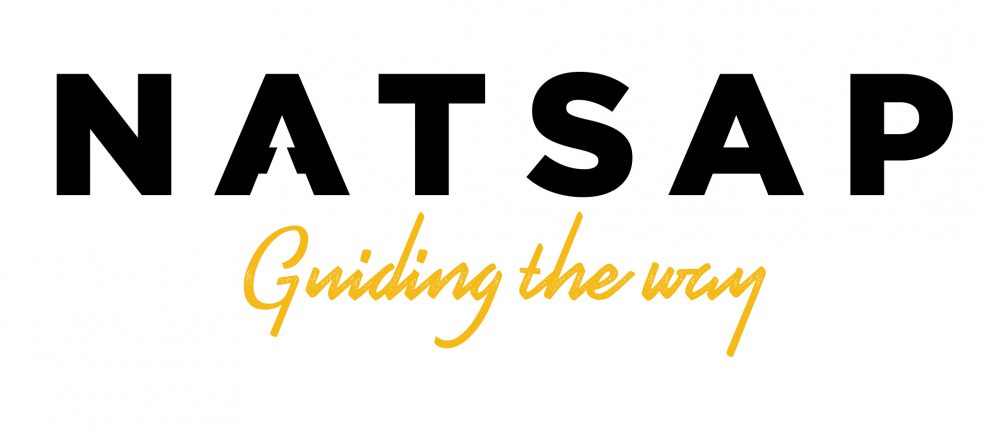The High Frontier provides a fully integrated therapeutic and experiential milieu conducted within the framework of Positive Peer Culture (PPC), a values-based and process-oriented model utilizing a system of cognitive strategies and interventions. PPC strives for long-term change by teaching and internalizing core values of pro-social and positive behavior such as altruism, responsibility, acceptance, self-worth and autonomy.
By “integrated” we mean that all aspects of the therapeutic and social milieu revolve around the core concepts of PPC and that the individual, group and family therapy sessions are integrated into the milieu of PPC. In other words, all types of social interactions, including therapy sessions, formal education and even recreation share a commonality of purpose: to teach a positive value system based upon the concepts of altruism, responsibility, self-worth, acceptance and autonomy. Formalized group therapy sessions act as a teaching catalyst for the therapeutic work that permeates a student’s social day and serve the milieu.
In Positive Peer Culture, the students are an integral part of the helping process and are fully incorporated into the social and experiential milieu. The development of altruism, responsibility, self-worth, acceptance and autonomy, and the internalization of these qualities, requires the student to be an active part of the helping process. These qualities are developed as the treatment process exposes and provides insight into the student’s previously unsuccessful efforts to discover and develop identity, status and a self-concept based upon negative behaviors.
Integrating the students into the experiential and social milieu recognizes and capitalizes on the fact that students are modeling their behavior most strongly after other peers. Students are asked and taught to become of service to their peers and to take a meaningful role and responsibility in helping others. As they learn how to be of value to others, students develop the self-worth necessary to establish and maintain more positive and productive relationships, behaviors and goals.
